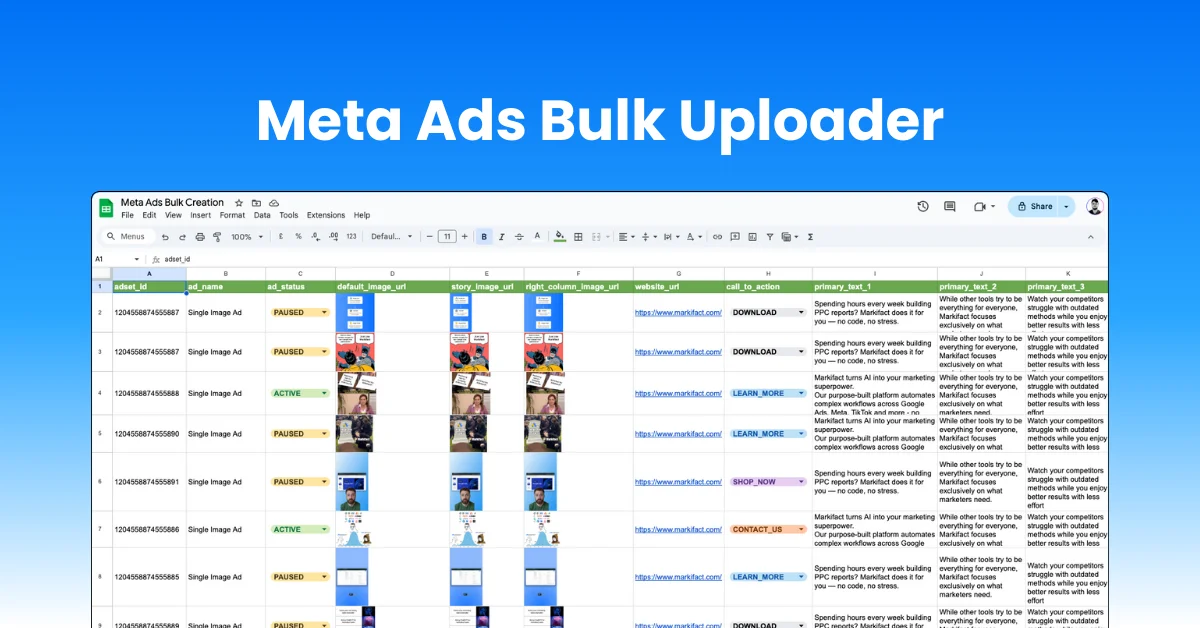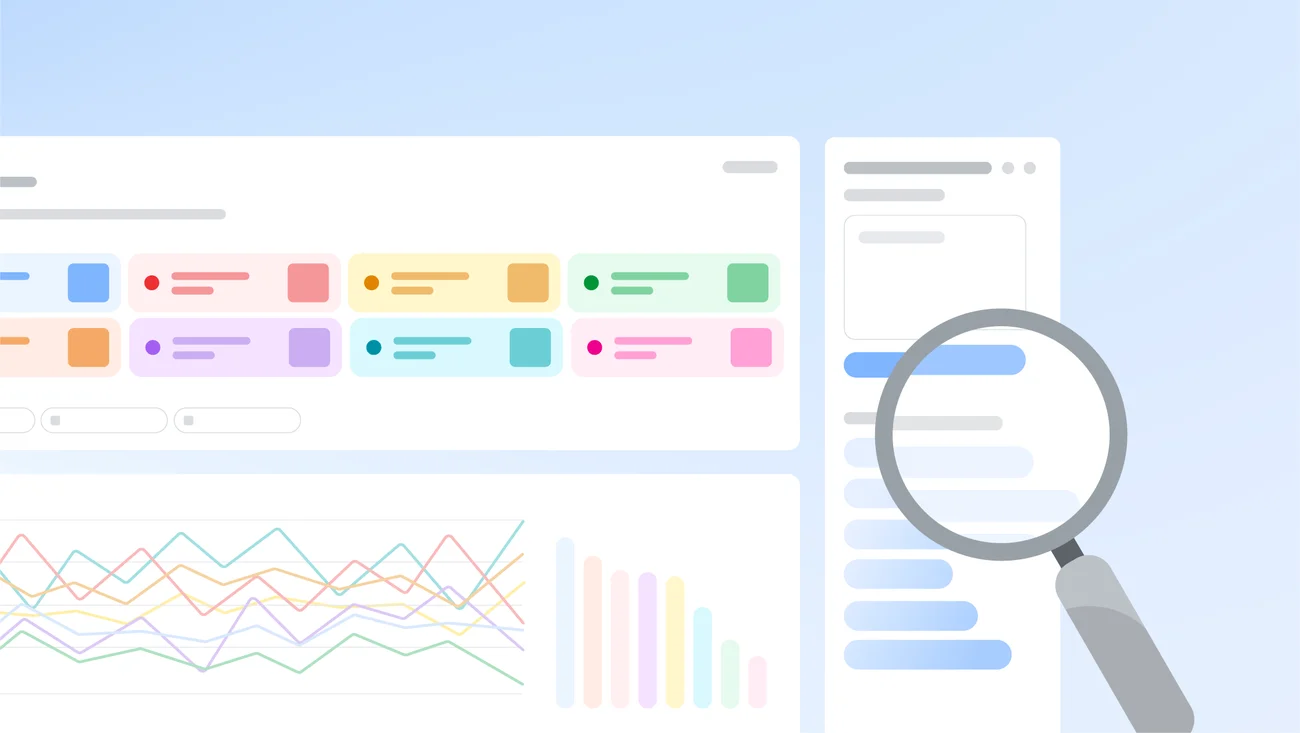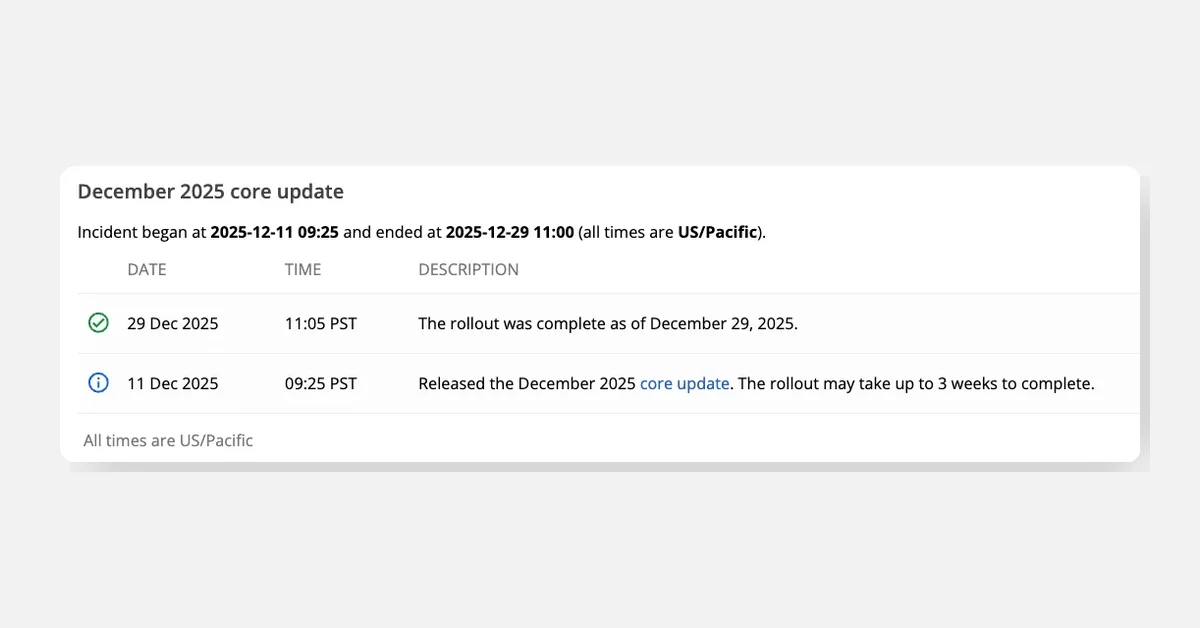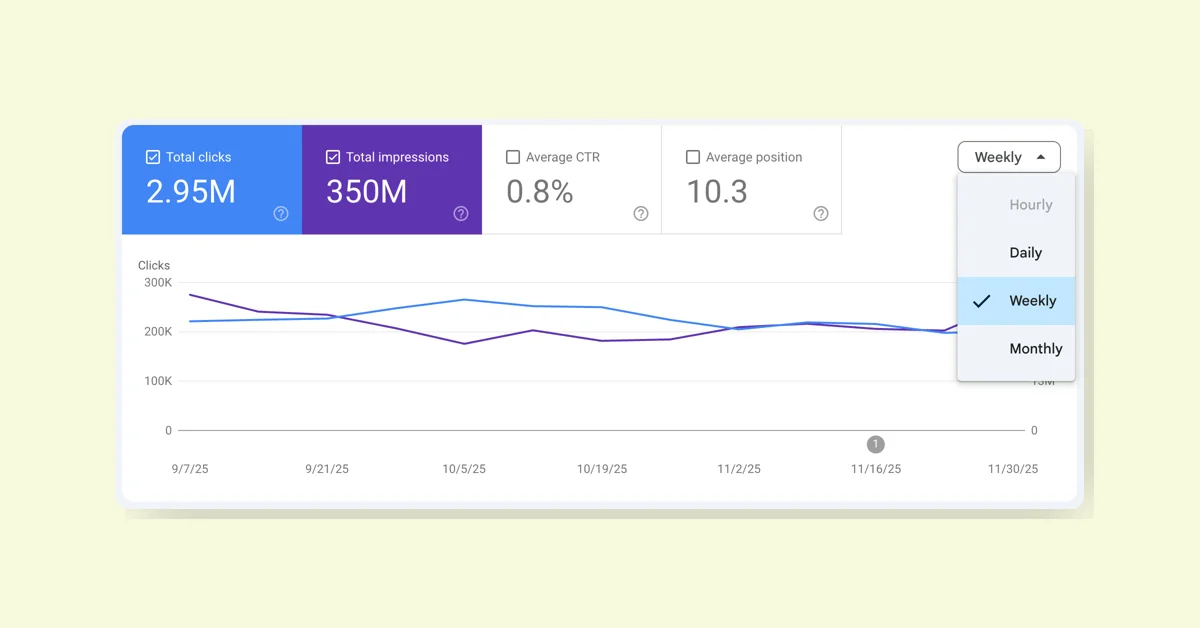Google and the US Justice Department (DOJ) are embroiled in a legal battle over control in the ad tech industry. The DOJ argues that Google exerts monopolistic control over the online advertising market, while Google contends that the government seeks to unfairly regulate its business.
DOJ's Argument
- Monopolistic Control: The DOJ claims Google has monopolized the markets for publisher ad servers, ad exchanges, and advertiser ad networks.
- Trifecta of Monopolies: DOJ counsel Julia Tarver Wood stated that Google’s control over these three markets constitutes a "trifecta of monopolies."
- Programmatic Advertising: The DOJ emphasizes that Google’s tools dominate programmatic advertising, making it difficult for publishers to switch to other services.
Google's Defense
- Market Definition: Google argues there is only one market, a two-sided market of buyers and sellers of online ad inventory, and that the DOJ's market definitions are contrived.
- Supreme Court Precedent: Google claims the DOJ is ignoring relevant Supreme Court precedent regarding market definitions.
- Investment and Efficiency: Google asserts that its integrated tools and investments in technology provide unique efficiencies that benefit the market.
Witness Testimonies
- Publisher Perspective: Tim Wolfe (Gannett) and James Avery (Kevel) testified that switching from Google Ad Manager is not feasible due to the bundled benefits of AdX.
- Ad Exchange Perspective: Andrew Casale (Index Exchange) highlighted the technical and financial challenges of competing with Google’s AdX.
- Marketer Perspective: Joshua Lowcock (Quad) supported the DOJ's view that programmatic advertising is essential and not easily replaceable.
Technical and Market Challenges
- Switching Costs: Witnesses testified that switching ad servers is complex and costly, making it difficult for publishers to move away from Google’s tools.
- Network Effects: Casale noted the significant network effects required to establish a new ad exchange, making it nearly impossible for new competitors to enter the market.
Legal Precedents and Implications
- Previous Antitrust Rulings: The trial references a previous ruling by Judge Amit Mehta, which found Google to be a monopolist in search but dismissed the requirement for Google to cut deals with competitors.
- Future Implications: The outcome of this trial could redefine the control dynamics in the ad tech industry and set new legal precedents for antitrust cases.
The trial will determine whether Google’s control over the ad tech market is monopolistic and if the DOJ’s regulatory approach is justified. The decision by US District Court Judge Leonie Brinkema will have significant implications for the future of online advertising and market competition.



















